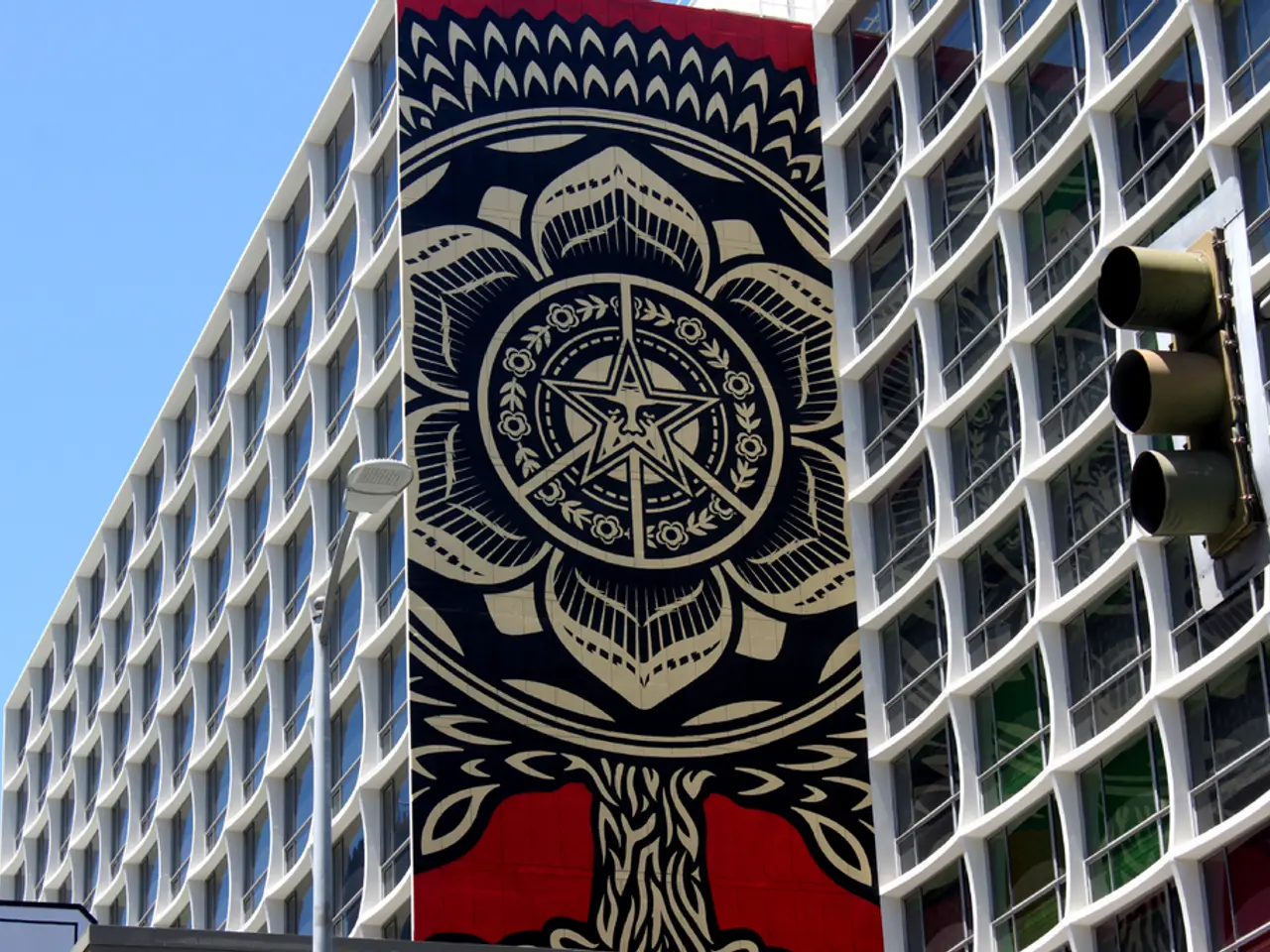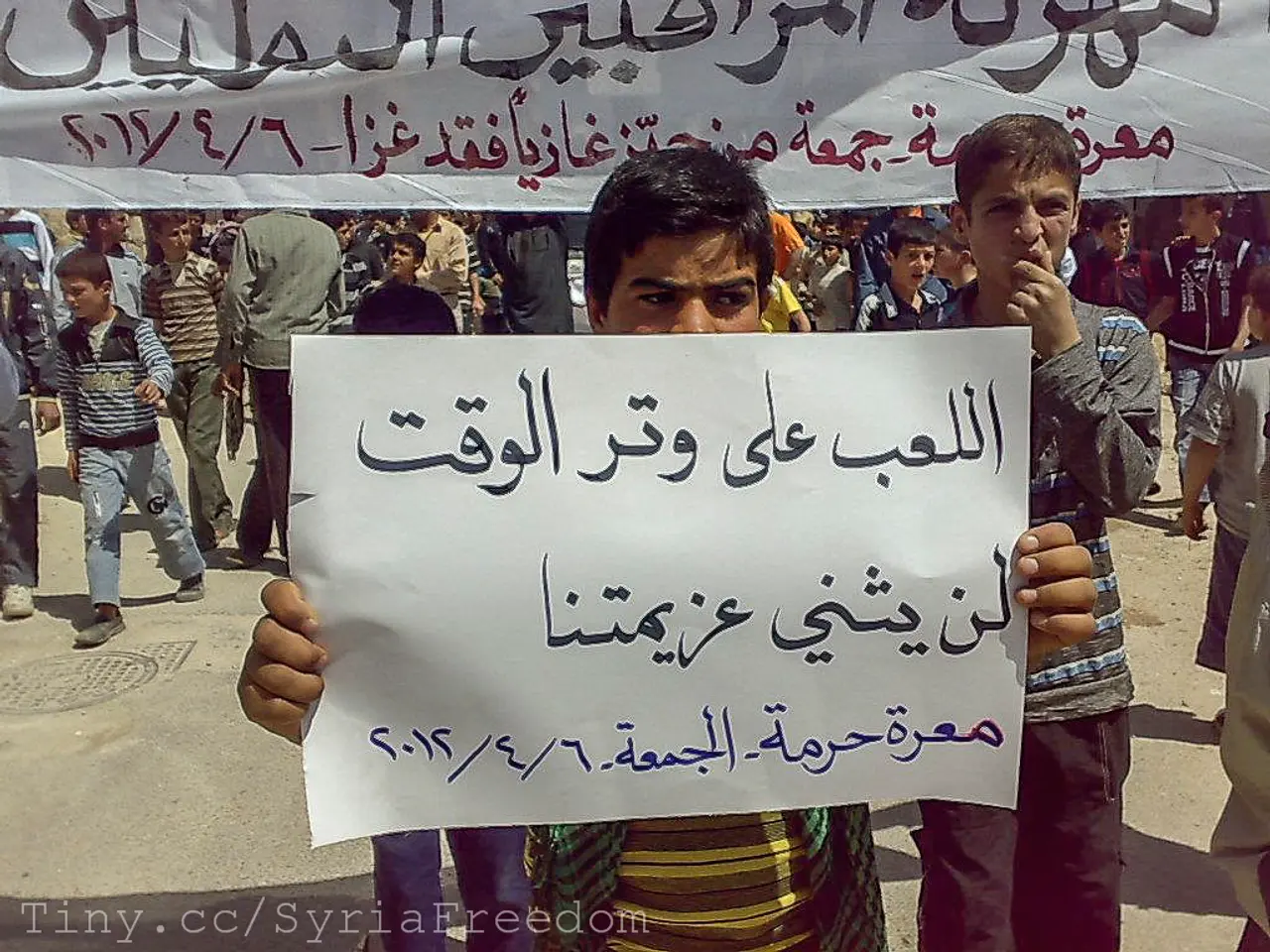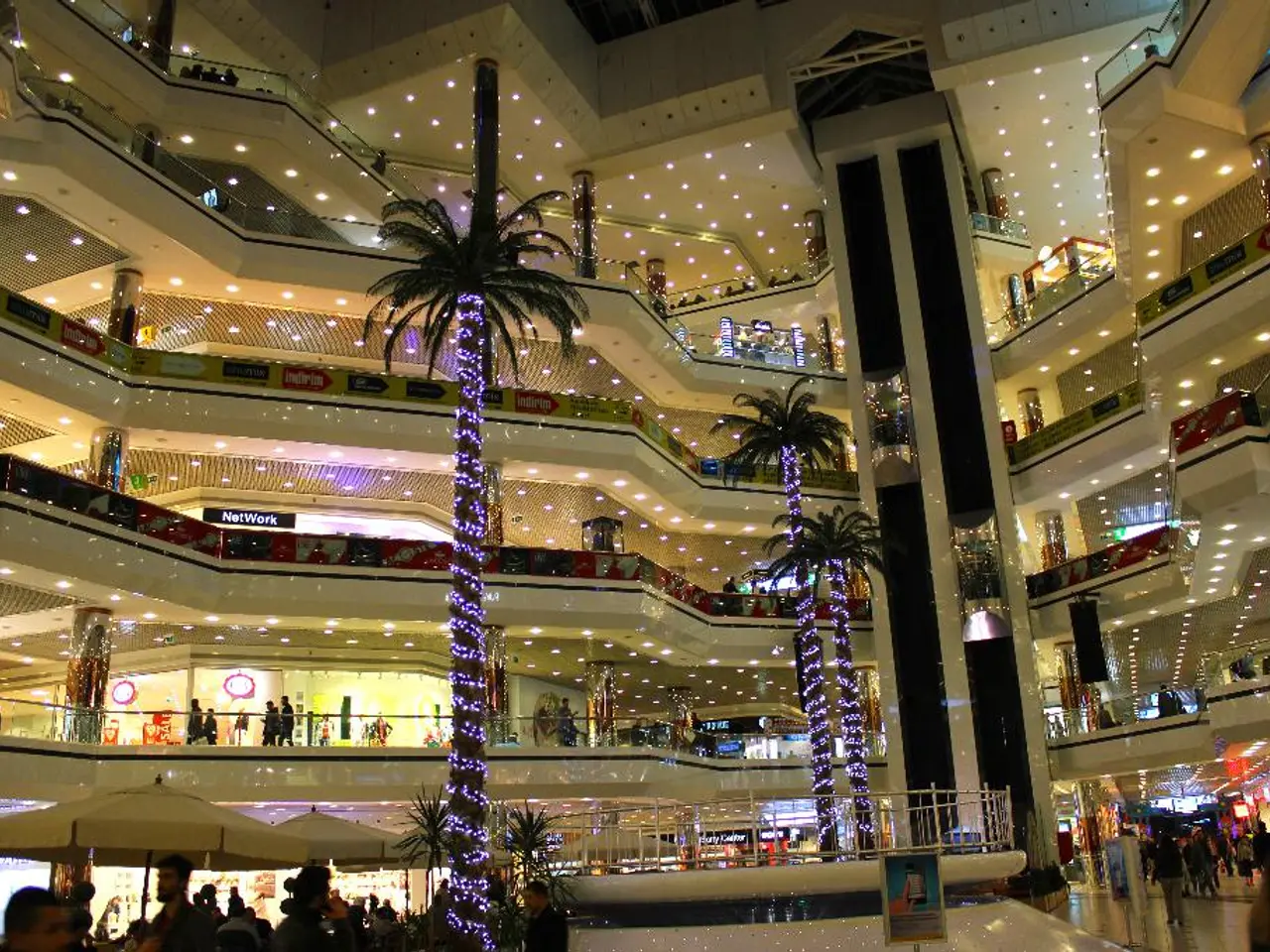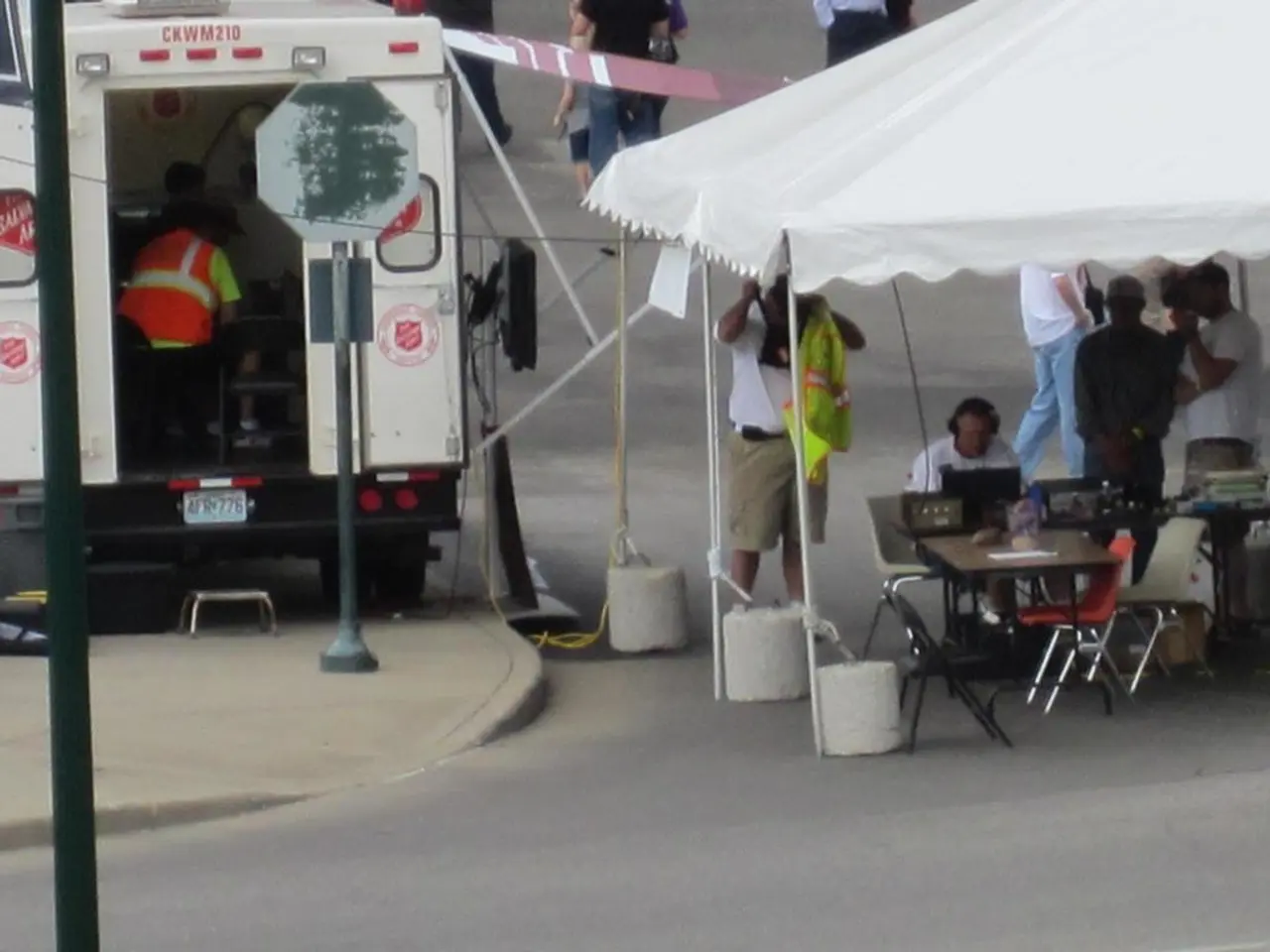"Carlos Moedas suggests that while Lisbon is statistically safe, it's crucial not to simply focus on the numbers when assessing its safety."
In various Portuguese municipalities, crime rates have been on the rise, causing concern among residents and local authorities. The increase in violent and serious crime, as well as domestic violence, has become a pressing issue in cities like Loures and Almada.
The PSP force in Loures, serving a population of 150,000 people, has an average of three vehicles available. This scarcity of resources has led to calls for reinforcements, with the mayor of Loures emphasizing the importance of resuming local security contracts and having a direct relationship between PSP officers and the people of the neighborhood.
In Loures, violent and serious crime has increased, and domestic violence "has increased significantly." The mayor of Sintra, meanwhile, believes one of the reasons for violence is poverty. The municipal police officers in Lisbon are trained by the PSP, according to the mayor.
The rise in crime is not limited to Loures. In Almada, violence among young people and domestic violence among young people have increased significantly. Rape increased by 68% in Martim Moniz and Arroios, according to the mayor.
In Cascais, a video surveillance system is being prepared, and 440 cameras are expected to be installed in all parishes. The vice-president of Cascais criticized the fact that PSP officers are assigned to programs such as Safe Schools, the Senior Citizen Program, or responding to traffic accidents without injuries, and suggested that if they were freed from these tasks, more than 50 police officers would be on the streets.
The overall crime rates have decreased in Almada, but the increase in specific crimes has caused community safety concerns, economic impacts, and strain on public resources. Potential solutions include strengthening Police Judiciary (PJ) investigations, adopting new technological tools to monitor and prevent crimes, community policing, public awareness campaigns, social programs addressing root causes like poverty and social exclusion, and coordination between national authorities and local governments to deploy resources effectively based on crime data and trends.
Despite Portugal being ranked as one of the safest countries in Europe with generally low crime rates, some municipalities like Albufeira, Avis, Mourão, Loulé, and Porto report higher crime rates compared to others, reflecting uneven distribution of crime across the country. New threats, such as the suspected use of drones to set wildfires, represent unconventional criminal activities complicating law enforcement efforts.
Increased crime leads to reduced public confidence in safety and can affect local economies, particularly tourism which is vital in several Portuguese municipalities. Strain on emergency services and judicial systems due to complex incidents like large wildfires linked to criminal acts increases resource demands. Heightened fear among residents and tourists, potentially impacting social cohesion and business investments, is another effect of the rising crime rates.
The vice-president of Cascais argues that the Municipal Police "can and should have more powers." People in Loures complain that more community policing is needed. The PSP police stations in Oeiras were built by the City Council, and the police cars were purchased by the municipality. Loures has 40 Municipal Police officers, and a recruitment process will be opened for 17 more.
In Lisbon, sexual assault increased by 17% and rape by 12% as stated by the mayor. Basílio Horta (PS) criticized the various governments for not making "serious investments" in Sintra in 12 years. Security in Oeiras has improved, and it is managed as the "safest" in the Lisbon Metropolitan Area, with domestic violence being the crime that "has grown the most."
The topics discussed at the Greater Lisbon Summit included Housing, Security, and Transportation. A competition for the first 25 municipal police officers has been launched in Almada. The number of members in the Municipal Police decreased from 600 in 2018 to 400 currently.
While Portugal's overall low crime ranking in 2025 and high safety reputation, including cities like Lisbon, Porto, Braga, and Aveiro, show that most areas remain secure, continuous vigilance and adaptive strategies are essential to manage localized increases and evolving crime types.
- The rise in crime, including violent and serious crime, domestic violence, and rape, in municipalities like Loures and Almada, has prompted calls for reinforcements in the Municipal Police and discussions about expanding their powers, such as the vice-president of Cascais suggest.
- In the context of general-news and politics, the increased crime rates in specific Portuguese municipalities, like Loures and Almada, have become a primary concern for residents, local authorities, and national authorities alike, requiring immediate attention and strategic solutions.








